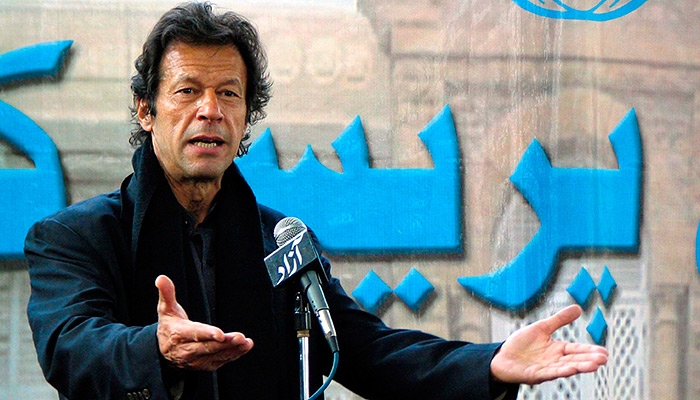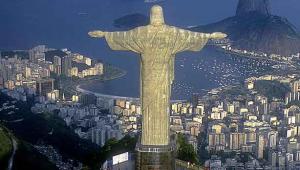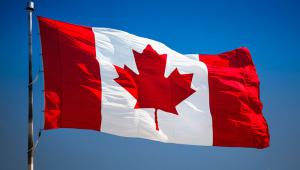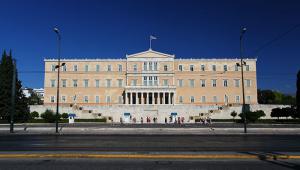Unofficial results of Pakistan’s general election show the cricketer-turned-politician Imran Khan [pictured above] and his Pakistan Tehreek-e-Insaf (‘Pakistan Movement for Justice’) party are leading the race to form a new government.
The PTI’s victory is indeed a welcome breath of fresh air for citizens who have become disenfranchised by the serious levels of corruption that led to the downfall of the previous government just months ago.
Voting figures have come through slowly during the last 48 hours, with over 260 constituencies’ results being confirmed. In the province of Khyber Pakhtunkhwa, the PTI secured an overwhelming majority of seats to form a new government. In Punjab, it is likely that independent candidates may join the PTI to form a coalition.
It is the first time in the history of Khyber Pakhtunkhwa that one political party will form a government for a consecutive second term. Securing a provincial government in Punjab will also give the federal government stability because the province has the highest population in the country.
The masses voted with their feet for the PTI under Khan’s leadership beyond the predictions of political gurus. In his manifesto, the party leader boldly proclaimed a “Naya Pakistan” or “New Pakistan” that will bring change.
Citizens of Pakistan have craved this for decades, but have been disappointed by successive governments, politicians’ personal greed, corruption, lack of transparency and poor governance at every level.
Khan’s PTI campaign focused strongly on corruption, accusing the former ruling party of massive graft and poor governance, and blaming them for an absence of effective accountability mechanisms in the country.
When the name of former prime minister Nawaz Sharif appeared in the Panama Papers leaks, Khan held a 126-day sit-in in Islamabad, the capital. The case ended with Sharif and his daughter in prison, while the ex-finance minister was convicted on corruption charges by Pakistan’s supreme court and is a fugitive in the UK.
The “Naya Pakistan” manifesto and campaign was long overdue and one which much of Pakistan embraced, particularly the youth. Khan’s main promises include a new government under his leadership that will end corruption, introduce good governance and accountability, and reduce poverty that is at an all time high.
Khan’s anti-corruption narrative helped him win the election at both the federal level and in the provinces. He promised to streamline public administration, strengthen institutions, and hold the perpetrators of corruption to account.
The citizens of Pakistan now expect those held accountable for the downfall of the economy and looting of public money to be brought to justice. They also expect their new prime minister to bring black money (approximately $200bn) secreted by politicians in banks abroad back to Pakistan.
In a nutshell, the people of Pakistan consider Imran Khan a messiah who will solve the economic and political issues of this country.
But will he be able to deliver the “Naya Pakistan” that Pakistanis crave?
It is a million dollar question, as the country faces severe economic problems. The currency has hit its lowest level since Pakistan’s inception in 1947; foreign debt stands at $93bn, with reserves enough for only two months; there are electricity and water shortages, insecurity and terrorism; relations are strained with neighbouring countries; and unemployment is at an all-time low.
Politically, Khan will also face a strong opposition in both parliament and within his own party. Almost all the other political parties oppose the PTI and will give its leader a tough time, while within his own party power struggles are also expected, particularly among members who recently deserted other parties for Khan’s movement.
A key challenge facing Khan will be to maintain balanced relations with the military, which has a huge stake in decision-making and particularly in foreign policy and relations with India.
Pakistan faces many difficulties and challenge. Khan will need to exert political will to make very difficult decisions and deliver what he promised to the public. There is hope.








